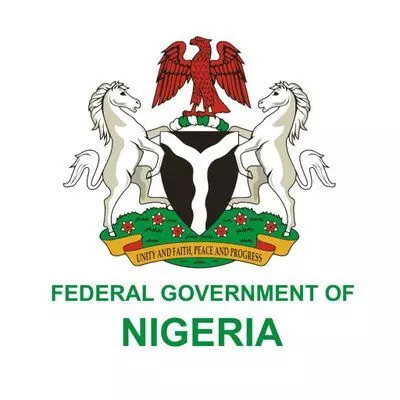
The Federal Ministry of Health (FMOH) has launched the Nigeria Reproductive, Maternal, Newborn, Child, Adolescent and Elderly Health Plus Nutrition (RMNCAEH+N) multi-stakeholder partnership coordination platform to aide the attainment of Universal Health Coverage (UHC). as well as the Sustainable Development Goals (SDGs), in the country. The Minister of Health, Dr Osagie Ehanire, said at the […]

The Federal Ministry of Health (FMOH) has launched the Nigeria Reproductive, Maternal, Newborn, Child, Adolescent and Elderly Health Plus Nutrition (RMNCAEH+N) multi-stakeholder partnership coordination platform to aide the attainment of Universal Health Coverage (UHC).
as well as the Sustainable Development Goals (SDGs), in the country.
The Minister of Health, Dr Osagie Ehanire, said at the launch on Monday in Abuja that the terms of reference for the platform were to provide leadership and strategic direction to the overall delivery of quality RMNCAEH+N services in the country.
He said the multi-stakeholder partnership platform would strengthen the divergent national capacity and improve alignment toward the attainment of UHC, in line with the Economic Recovery and Growth Plan (ERGP), a medium-term plan for 2017-2020, developed by the administration of President Muhammadu Buhari.
He added that “through extensive consultation, we have made diligent efforts to understand the issues around partnership and the health of women, children, adolescents and the elderly.
“These have led to the development of a set of instruments that form our interactions.
“They include Family Planning Blueprint, otherwise known as the scale up plan, developed to facilitate a coordinated and wholistic implementation of interventions to scale up the delivery and uptake of quality and affordable services in the country.”
He explained that the six thematic areas include Demand Creation, Service Delivery, Procurement and Supply Chain Management, Policy Advocacy (Policy and Environment), Finance, Supervision, Monitoring and Coordination.
He disclosed that at least 252 million dollars would be required for full implementation of the Blueprint across federal, state, local government and community levels.
Ehanire said that the National Advocacy Strategy for the RMNCAEH+N programme would serve as effective tool to guide advocacy efforts aimed at securing buy-in of policy- and decision-makers for articulation of enabling policies and increased allocation of resources for the RMNCAEH+N programmes at all levels.
The minister said that the platform would mobilise, leverage and harness financial and technical domestic and international resources for enhanced RMNCAEH+N programming.
He added that it would also support partnership and coordination at global, regional, national, and subnational levels, in all issues toward the improvement of RMNCAEH+N.
According to him, it will support the building of a resilient health system to sustain the delivery of essential RMNCAEH+N health services during epidemics and public health emergencies.
He noted that the platform would also ensure effective documentation, data and knowledge management, including mutual accountability around RMNCAEH+N in the country.
The minister said that the operational modalities were in recognition of the magnitude and diversity of the issues at hand.
“I will be co-chairing this committee with Dame Paulin Tallen, the Honourable Minister of Women Affairs. Together, we will steer the course of this platform. The vice chairs shall be His Royal Highness the Emir of Shonga, Dr Yahaya Haliru and Dr Edugie Abebe, who both served in many capacities within and outside government settings.
“This platform shall be meeting once a year, unless exigencies of duty necessitate additional extraordinary sessions. The Secretariat for the platform shall be the Department of Family Health, FMOH.
“The terms of reference shall be implemented through subcommittees and four of such subcommittees have been identified.
According to him, the subcommittees are charged with the responsibility of operationalising the relevant terms of reference and provide feedback to the general body at the annual gathering. Subcommittees are expected to meet at least twice a year.
That the platform was drawn from a wide cross-sector membership, which includes but not limited to governments, parliamentarians, media, regulatory bodies, philanthropists and donors, development organisations, academia and professional bodies.




